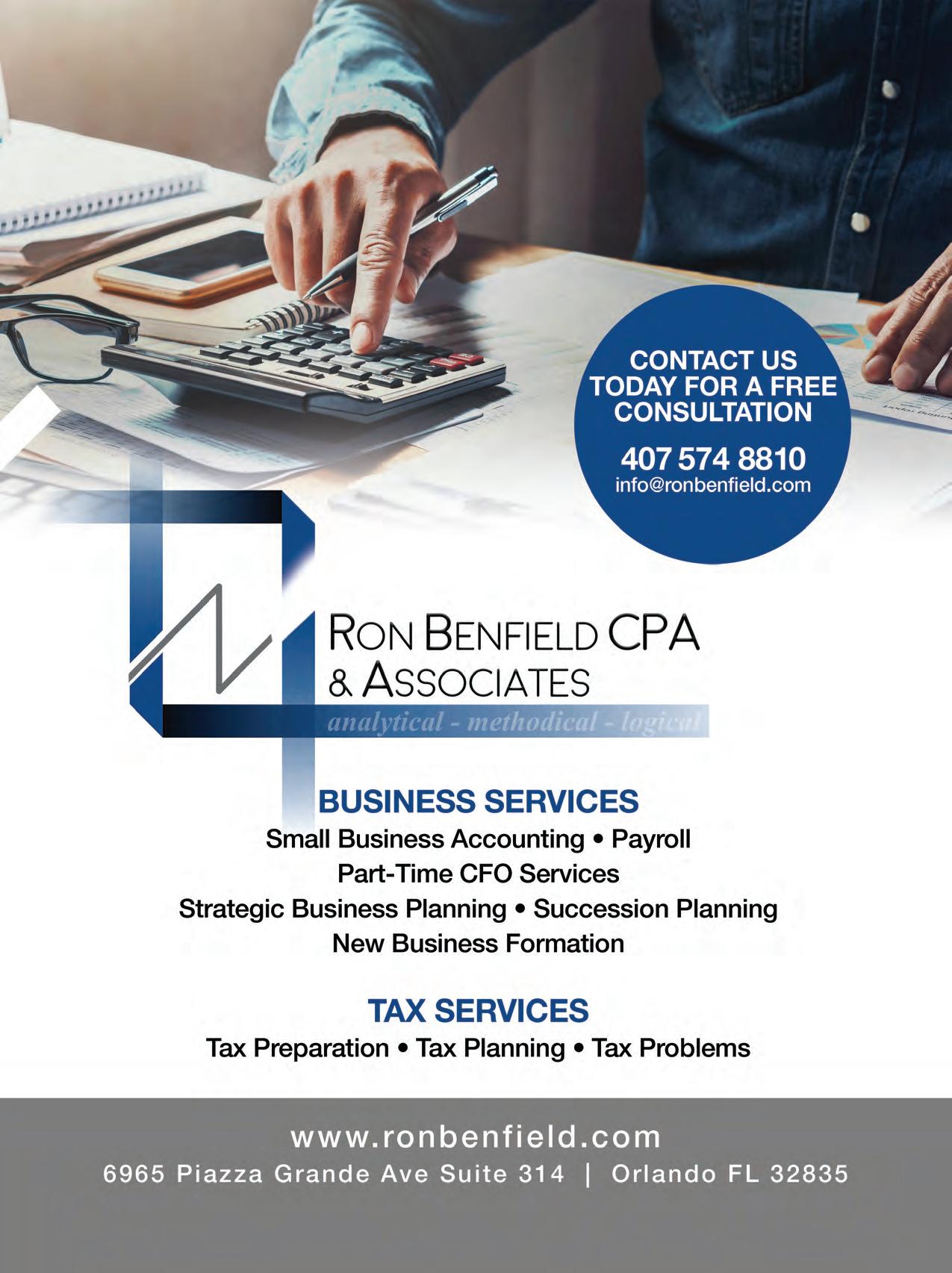
2 minute read
MONEY MATTERS
Top 9 Advantages of Leasing a Car Not sure if you should buy or lease a car? Consider these pros and cons to help you decide. By Dan Hayes
Whether you should buy or lease a car depends on your situation. Perhaps you don’t want to commit to a long-term loan or you think your car needs may change after several years. In these cases and others, leasing may be the best choice. Consider the following advantages of leasing.
1. No commitment needed.
When buying a car, you don’t always know your long-term needs. A compact coupe may suit you now, but you may need something bigger down the road. Purchasing for the short-term, say by getting a two-year lease, offers more flexibility.
2. Lower monthly payments.
Monthly lease payments can be up to 30% to 50% lower than payments on a loan. If the monthly burden of a loan is too high, a lease might be your best alternative.
3. Pay a lower or no down payment.
People pay, on average, 10% to 20% down on a car loan. Down payments for leasing are lower, and you can even lease a vehicle without one. However, as with a loan, paying a higher down payment on your lease will lower your monthly payments.
4. Drive the newest vehicles.
Leasing a new car every few years means you will always drive the newest model with the most upto-date technologies. This can get expensive after a few leases, but if your priority is to always have that new car smell (and the latest safety features), leasing may be for you.
5. Constant warranty coverage.
When purchasing a new car, your loan often outlasts your warranty. It’s much easier to get a lease with a warranty that lasts the full term, so you won’t get hit with additional repair bills while still making monthly payments.
6. Lower sales taxes.
Sales taxes on a purchased vehicle will be for the full price of the vehicle, but the sales tax you pay on a leased vehicle is only for the amount paid on the lease, a small fraction.
7. Free GAP coverage.
Many leases offer free GAP insurance to cover you if your car is stolen or totaled and you owe more than what it’s worth. Typically, you must purchase GAP coverage on your own with a new vehicle loan.
8. Get a tax deduction.
If you use your car for business purposes, you can write off some or all of your lease bill on your taxes. Consult a tax professional to explore all of your deduction options.
9. Option to purchase.
Many leases give you the option to purchase the vehicle at the end of the lease for the remainder of the original sale price. Whether or not you should depends on how much the vehicle has depreciated over the lease term.
In the end, it’s all about what suits your particular situation. While leasing can sometimes cost more than buying in the long-term, there are many circumstances where it makes sense. It’s through educating yourself on the pros and cons that you can make the best choice.










